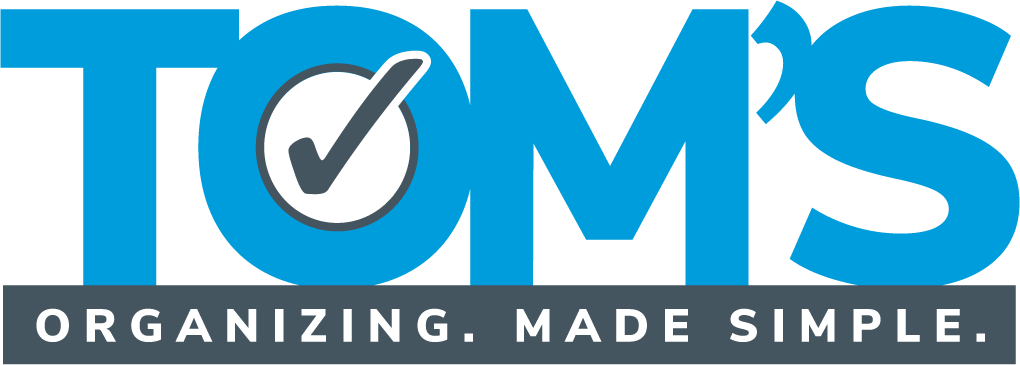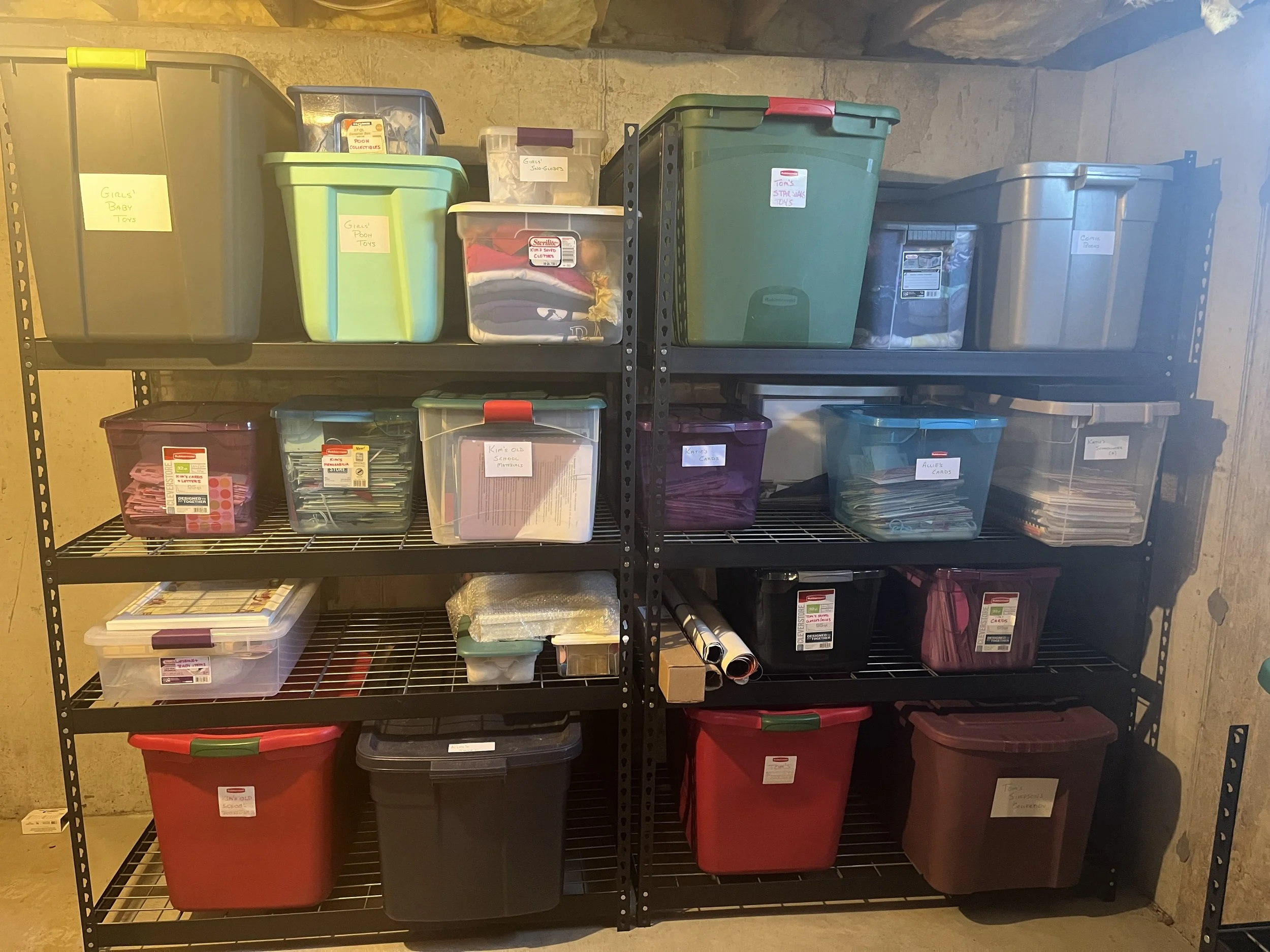Keeping your basement belongings properly stored and shelved will preserve them a long time.
What’s the one place where you’re most likely to keep extra stuff?
The basement.
What’s the one place that’s generally considered the worst place to store certain things?
The basement.
Basements are essentially the junk drawer of the house. We keep so much in the basement, either because we don’t know where else to keep things or we don’t have the space to keep those things anywhere else.
The problem, however, is that some things should never be stored in the basement.
Basements are denizens of dampness (which can lead to mildew and mold issues), while excess water from a major storm can turn your basement into the indoor pool you never wanted, damaging whatever you had kept down there.
So, what should you do to keep your belongings safe, and what should you keep and not keep in your basement? Before we answer those questions, we should add an important caveat: Whatever you keep in your basement should be stored properly in the proper air-tight container.
Good Shelving Goes a Long Way
Whether you decide to buy plastic shelving or more expensive options (like the kind that health care and food industries use), make sure that the shelving units meet your needs. Shelving units that are sturdy, can hold a lot of weight per shelf, and allow you to adjust the space between shelves are good. Ones that hold up in all basement conditions and have the aforementioned qualities are even better.
You also look to invest in shelving units whose bottom shelf sits a few inches off the ground. Should you get water in your basement, the slight elevation off the ground can be the difference in keeping your belongings dry and undamaged.
What’s OK to Keep in the Basement
· Holiday decorations. From wrapping paper to holiday ornaments and more, holiday decorations are fine to keep in the basement, provided that they are stored properly. There are horizontal and vertical plastic bins for wrapping paper, and ornament containers come in all shapes and sizes, so be sure to get what you need to secure these items for future holidays.
Once the holiday is over, go through your decorations and see what you want to keep and what to give away. If you didn’t hang that aluminum wreath this year, for example, it’s time to donate or (if it’s in poor condition) throw it away. And if you’re an avid post-holiday sales shopper and buy more wrapping paper and decorations, that also is a great time to weed through what you no longer want or need and discard accordingly.
As for boxes of holiday cards, they are OK to store in the basement (again, if stored in a plastic bin), but here’s a tip: If you have open boxes of leftover cards but don’t know what year you sent them out, save the guesswork and donate them. Sending the same holiday card to people on your list is not exactly Grinch-esque, but it’s not cool, either.
· Party supplies. From your table coverings to plastic utensils, these supplies are perfectly fine to be kept in a plastic storage bin. For the sake of space, however, keep what you plan to use for a future event, not past events. While keeping your child’s 2nd birthday bib and stained paper tablecloth set sounds cute, it’s better to keep a picture of your child from their special day handy when you want to be sentimental – and ditch the worn items.
· Toys. Whether they’re from kids’ childhood or your own, toys can be well-preserved in plastic bins for a long time in your basement. Before storing any toy, however, ask yourself the following question: Am I keeping these toys for sentimental reasons, or am I keeping them so I can sell them? If your answer was the second part, let’s add a cold dose of reality: If they’re not in their original packaging, they aren’t worth much. The space you’ll free up by donating them or selling them (at a small price) will be much more valuable to you in the long run.
· Electronics. If you’re going to store any kind of electronic device, be sure to take the batteries out. Batteries in a device – even those that are stored properly – can and will corrode, which could render your device useless.
· Collectibles. Refer to the Toys section for proper storage – and for making a good value judgment.
What’s Not OK to Keep in the Basement
· Photos. Regardless of whether they are in boxes or albums, photos should never be stored in the basement (or attic, for that matter). The temperature and humidity can damage your precious memories permanently. Instead, store them somewhere on the main level of the house.
· Memorabilia. Like photos, memorabilia such as old newspapers, magazines, and the like should be kept in air-tight archival containers away from the basement. For things such as your autograph book from eighth grade or that first pack of Garbage Pail Kids that you just couldn’t get rid of, you also should keep them in a plastic bin.
There’s a better way to preserve your memorabilia that will save you considerable space. Take photos of the pieces you want to remember (and dispose of the rest accordingly), then make a special photo album that you will be able to share with your children and future generations.
· Clothes. Clothes, like photos, are another basement no-no, as clothes and mildew make for a horrible combination. Keep what you plan to wear this season in your bedroom or, if you have overflow, in a spare closet, and keep your non-seasonal clothes in storage bins or vacuum space-saver storage bags ideally on the main level of your house as well.
Just because your basement has the capacity to store a lot of stuff doesn’t mean it should. If you follow the recommendations that we have provided here, you will enjoy a basement with properly stored items and lots of free space. All will last a long time!
______________________________________________________________________________
Tom Harper is owner of Tom’s Organizing Made Simple LLC, a Bethlehem-based company dedicated to helping people declutter and organize their space, stuff, time, and/or tasks. Follow TOM’S on Facebook or Instagram.


